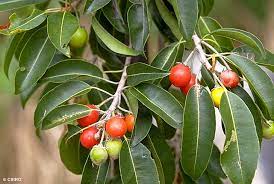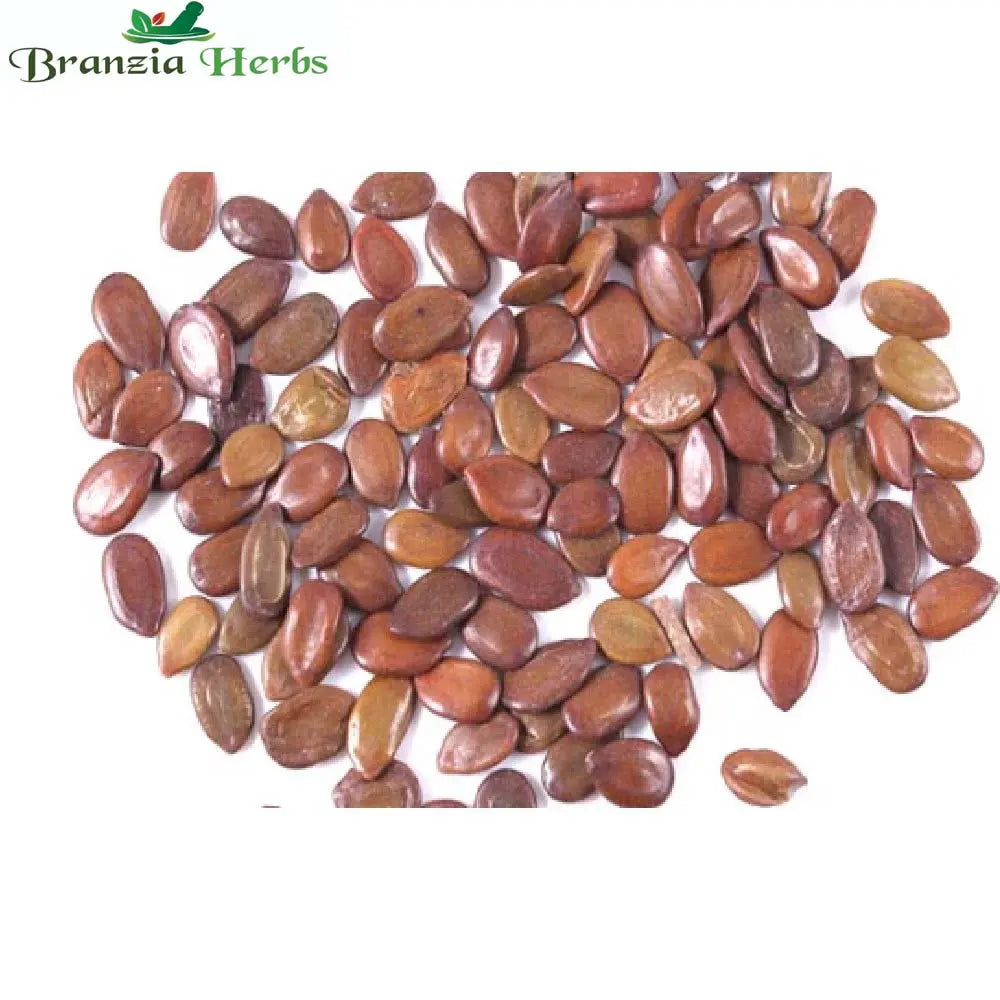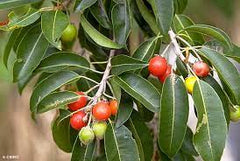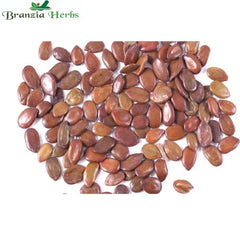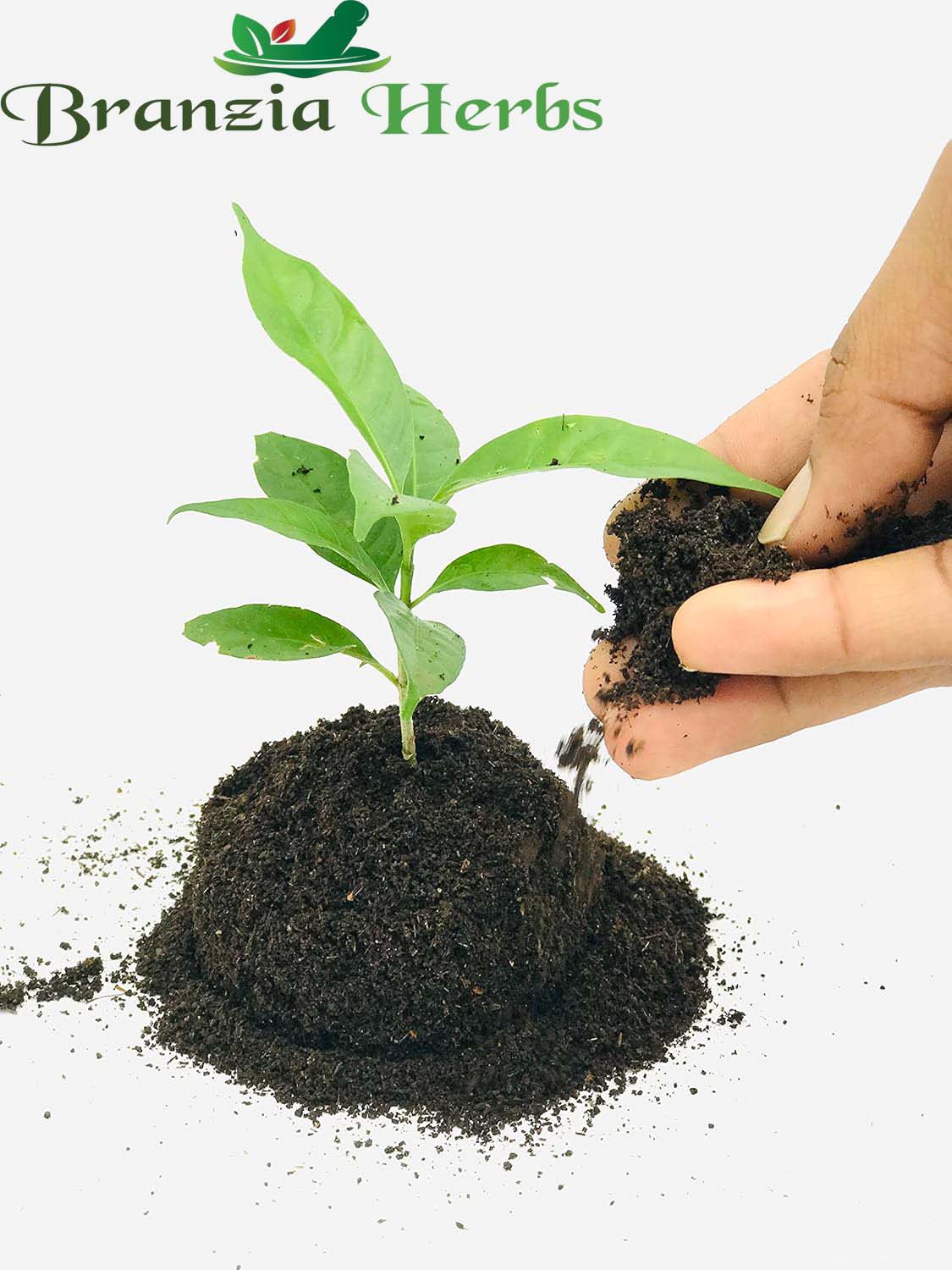Mimusops elengi, commonly known as the Mimusops or Spanish Cherry, is a tropical tree native to Asia and known for its fragrant flowers and edible fruit. The seeds of Mimusops elengi are used for propagation and have several notable characteristics and uses. Here’s a comprehensive guide to Mimusops elengi tree seeds, including their characteristics, benefits, and planting care:
Characteristics
-
Appearance:
- Seeds: Mimusops elengi seeds are oval, smooth, and brown. They are relatively small, with a hard outer shell.
- Fruit: The fruit is a small, round to oval berry that turns orange or red when ripe and contains 1-3 seeds.
-
Tree Size:
- Height: The Mimusops tree can grow up to 30-60 feet (9-18 meters) tall.
- Canopy: It has a dense, rounded canopy with leathery, dark green leaves.
Benefits
-
Ornamental Uses:
- Aesthetic Appeal: The Mimusops tree is valued for its attractive, glossy foliage and fragrant, creamy-white flowers. It is often used as an ornamental tree in gardens and landscapes.
- Flowers: The tree produces fragrant flowers that are aesthetically pleasing and attract pollinators such as bees and butterflies.
-
Fruit Uses:
- Edible Fruit: The fruit of Mimusops elengi is edible and has a sweet, mildly tangy flavor. It is eaten fresh or used in traditional recipes.
- Traditional Medicine: The fruit and other parts of the tree are used in traditional medicine for their potential health benefits.
-
Ecological Benefits:
- Wildlife Habitat: Provides habitat and food for various wildlife species, including birds and insects.
- Shade Tree: Its dense canopy makes it an excellent shade tree, helping to cool the surrounding environment.
-
Wood Uses:
- Timber: The wood of Mimusops elengi is hard and durable, making it suitable for construction and furniture.
Planting Mimusops Elengi Seeds
-
Preparation:
- Seed Treatment: Mimusops elengi seeds have a hard outer shell. Scarification (nicking or sanding the seed coat) and soaking the seeds in water for 24-48 hours before planting can help improve germination.
-
Timing:
- Optimal Season: Plant seeds in the spring or early summer when temperatures are warm and conditions are favorable for growth.
-
Soil and Location:
- Soil Type: Prefers well-drained, loamy soil but can adapt to various soil types. Ensure good drainage to prevent waterlogging.
- Location: Choose a sunny location with full sun exposure. Mimusops elengi thrives in tropical and subtropical climates but can also be grown in temperate regions with adequate care.
-
Planting:
- Sowing Seeds: Plant seeds about 1 inch (2.5 cm) deep in the soil. Space seeds or seedlings about 20-30 feet (6-9 meters) apart to accommodate the mature tree size.
- Germination: Seeds typically germinate within 3-6 weeks. Keep the soil consistently moist during this period.
-
Watering:
- Initial Care: Water regularly to keep the soil moist but not waterlogged until the seedlings are established.
- Ongoing Care: Once established, Mimusops elengi is relatively drought-tolerant but will benefit from occasional watering during dry periods.
-
Fertilizing:
- Nutrients: Fertilize with a balanced fertilizer during the growing season to support healthy growth. Organic compost or well-rotted manure can also be beneficial.
Care and Maintenance
-
Pruning:
- Trimming: Prune young trees to shape them and remove any dead or damaged branches. Regular pruning helps maintain the tree’s structure and promotes a healthy canopy.
-
Pest and Disease Management:
- Monitoring: Mimusops elengi is generally resistant to pests and diseases but should be monitored for common issues such as fungal infections or insect infestations.
- Control: Use appropriate treatments if problems arise, following local guidelines.
-
Protection:
- Young Trees: Protect young trees from extreme weather conditions and pests until they are well-established.
Environmental Considerations
- Climate Adaptation: Mimusops elengi is suited to tropical and subtropical climates but can be grown in temperate areas with proper care and protection from frost.
Summary
Mimusops elengi seeds offer various benefits, including ornamental beauty, edible fruit, and practical uses for timber. The tree is valued for its fragrant flowers, shade-providing canopy, and ecological contributions. By following proper planting and care guidelines, you can successfully grow Mimusops elengi and enjoy its many advantages in suitable climates.

